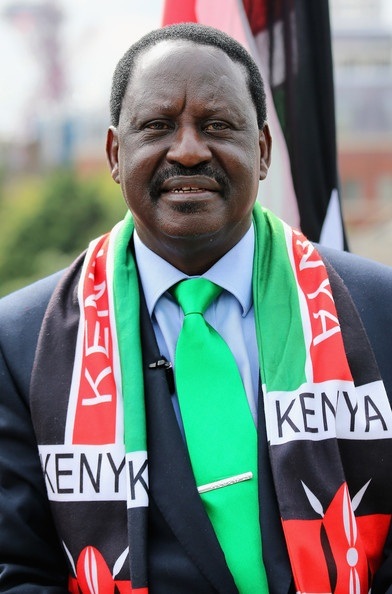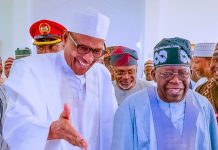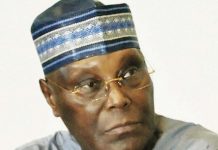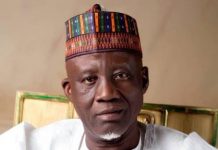Perhaps, the simplest way to define politics is to refer to it as the struggle to determine who gets What, Where, When and How. This notion works well in the developed nations. Politicians take delight in building their parties from bottom to the top while recruiting knowledgeable and committed followers to man the sensitive and important areas. In Africa, the notion of politics is not service but leadership. The tussle for political power makes nonsense of the concept of rendering service to the people.
In Kenya, for instance, the opposition leader, Raila Odinga, wants to be president by all means. Thrice has he tried and thrice has he failed. He is billed to face President Uhuru Kenyatta again at the end of this month in rescheduled contest. But, Mr. Odinga, this week, announced that he is withdrawing from the presidential election in the latest twist to a political saga that has plunged the nation into uncertainty.
The 72-year old politician said he was pulling out because Kenya’s election panel had failed to make vital reforms — but he indicated this did not mean his battle was over. He cited legal arguments which his party believes will compel election officials to begin the whole process from scratch.
Two months ago, the country’s apex court did the unimaginable when it cancelled the August 8 election won by President Uhuru Kenyatta, citing what it called widespread irregularities in the counting process. Since then Mr. Odinga and his National Super Alliance (NASA) have vowed not to take part in the re-run unless far-reaching changes are made to the Independent Electoral and Boundaries Commission (IEBC).
The opposition candidate declared, “We have come to the conclusion that there is no intention on the part of the IEBC to undertake any changes to its operations and personnel… All indications are that the election scheduled for 26 October will be worse than the previous one. After deliberating on our position in respect of the upcoming election… we believe that all will be best served by (the party) vacating its presidential candidature in the election.”
Mr. Odinga said he was not giving up entirely, but that his move was the only way to ensure a free and fair contest. He cited a 2013 ruling by the Supreme Court, which stipulates that if a candidate withdraws, then the IEBC will have no optionbut to conduct fresh nominations for the presidency. In a statement released to reporters in Nairobi, the NASA said, “It is clear that this provision gives adequate time to undertake the reforms necessary to conduct an election that is in strict conformity with the Constitution.”
Meanwhile, President Kenyatta and his supporters have said they were not perturbed by Mr. Odinga’s move.”We are ready to vote… we are ready for elections… it is his democratic right to participate or not to participate in the re-run,” they said.”We are also telling him it is the people’s right to choose their leader. It is their sovereign right to vote for their leader of choice.”
Prominent NASA senator, James Orengo, has called for countrywide demonstrations in support of the party’s candidate.
But it is not as if the ruling party is not doing anything in the area of reforming the electoral system. Prior to Mr. Odinga’s surprise announcement, members of the ruling party in parliament had pushed forward with plans to change the electoral laws in order to reduce what they called the “ambiguities” that led to the cancellation of the August 8 poll.
However, the opposition sees the laws as a bid to legalize the “irregularities and illegalities” in the counting process cited by the Supreme Court. While Kenyans voted peacefully on August 8, the opposition quickly cried foul over tallying and the Supreme Court agreed, citing “disturbing, if not startling, revelations” about the conduct of the IEBC.
The perceived lapses included failing to ensure that tally forms were properly transmitted and announcing a presidential result that could not be verified, due to original forms being missing. The IEBC was also hauled over the coals for failing to open up its computer servers, after the opposition alleged the system was hacked and rigged.
On its part, the IEBC says it has taken steps to reform its procedures, although the steps have not been enough to placate the opposition, which demanded the firing of top officials and the contracting of new companies to print tallying forms and run the vote counting technology. The election has plunged Kenya into its worst political crisis since a disputed poll in 2007, which led to violence that left more than 1,100 people died.
However while violence immediately after the August election left 37 people dead — mostly at the hands of police — according to a Kenyan rights group, protests have since remained largely peaceful. But the uncertainty has also disorganized East Africa’s largest economy, leading to a slowdown in business across the private sector.


















